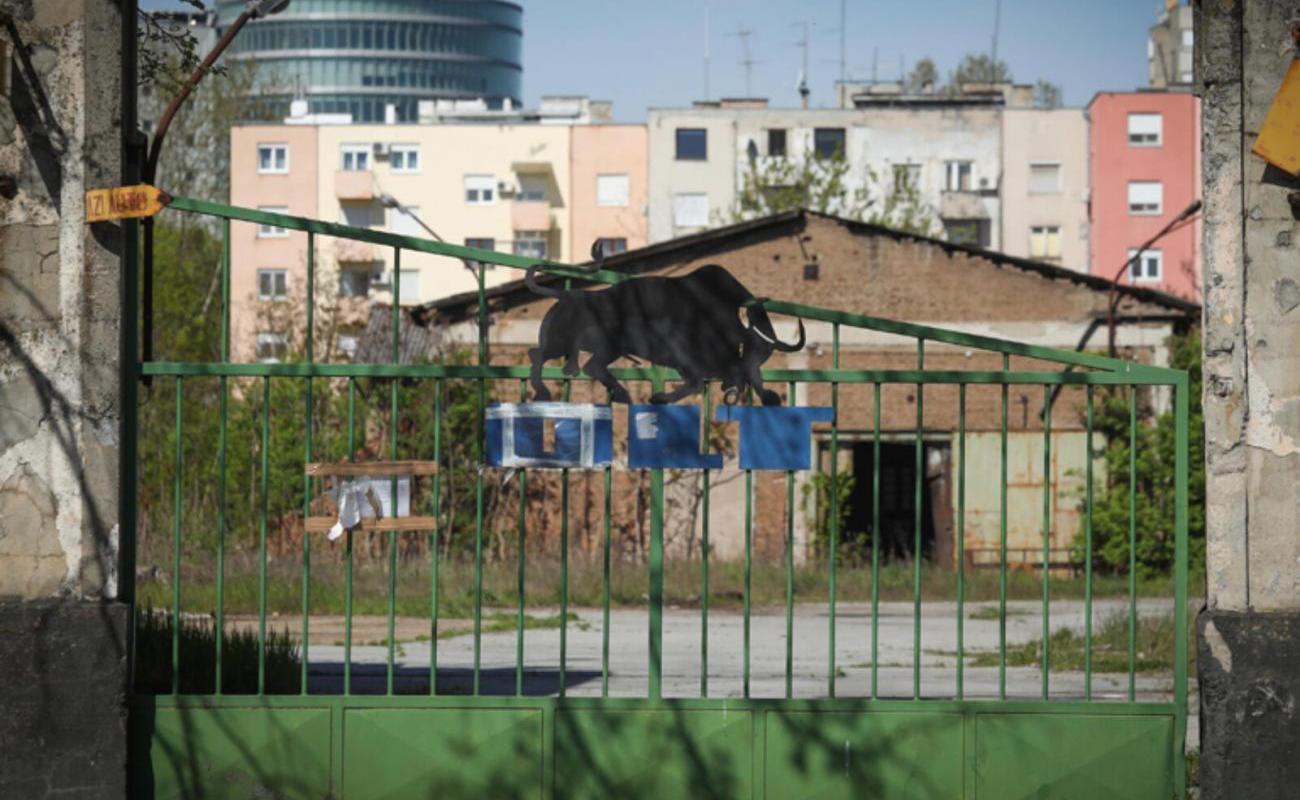OLT Osijek to Transform: Museums, Sport Incubator, Olympic Swimming Pool
January the 26th, 2022 - Eastern Croatia is often (very wrongly) overlooked, and the City of Osijek is one town that is making a stand in several ways when it comes to turning its image around. The old OLT Osijek is set to undergo a transformation, with a unique sport incubator, museums and even an Olympic swimming pool thrown in.

As Poslovni Dnevnik/Suzana Varosanec writes, the praiseworthy revitalisation project of the OLT Osijek area, one of the largest projects being implemented in Osijek-Baranja County and in the City of Osijek, is still waiting for its visible construction phase to begin. It will most likely two more years before a large area in the very heart of Osijek is turned into a large construction site.
Therefore, the focus is on key activities that will enable this in connection with the development of the Urban Development Plan, which will be a prerequisite for defining the content in this area, which is the responsibility of the City of Osijek.
As part of the project entitled "The preparatory documentation for the strategic project for the revitalisation of the brownfield OLT Osijek area" in the amount of 2,777,500 kuna, and co-financed by the European Union (EU), conservation documentation also needs to be prepared.
The urban plan
This is the basis for the preparation of the urban-conservation base, which should be incorporated into the necessary spatial planning documentation. Conservation documentation, in addition to the catalog of all buildings, also includes various studies of research works and recordings of the existing condition for the buildings - these are the foundry with a lathe, an office, an administrative building, a tool shop and a water tower.
According to a request from Osijek-Baranja County, after the Urban Development Plan is drawn up and made, the project documentation will need to be prepared, and according to county prefect Ivan Anusic, they want to revive the OLT Osijek space which is located almost right in the city centre.
"In the immediate vicinity of the University Campus, OLT Osijek will receive additional support in terms of the scientific work needing to be done because our plan is to create a Science Research Centre, then a sports incubator where experts will work with children from an early age to guide them to the sport that suits them best, both according to their individual physical predispositions and according to their personal affinities.
There will also be support for the families of young athletes, as we've repeatedly witnessed that the top athletes we can truly be proud of in this county are the product of our own efforts and work, as well as family sacrifice. Our goal is to institutionalise this type of support,'' Anusic pointed out.
According to him, the construction of an Olympic swimming pool, which the City of Osijek currently lacks, is planned along with a number of halls, while the sport incubator will be the first of its kind in the wider area, so the new purpose of OLT Osijek will be of great importance for all of Eastern Croatia.
"It's also known that Osijek has a long tradition on the cultural scene, but in recent years there has been a lack of space for the development of alternative types of art. The plan also includes museums, an amphitheatre and various other content that will be generated in the time ahead as something which is necessary to improve the economic, scientific, social and cultural development of the city and the wider county,'' said County Prefect Anusic.
One of the basic preconditions for the realisation of all of this is the gift contract concluded last week between the state and this county for very valuable property that previously became the property of the state through their purchase in the bankruptcy of Osijek's failed metal company.
This is an area which boasts an abandoned and unused industrial complex, spanning a total area of 59,046 m2, and the plan is to be implemented over several phases of design and construction. The first stage of project implementation refers to the economic content, which consists of several components, while the second stage of the project is related to incentive housing for 1,600 inhabitants, or 380 apartments in total.
